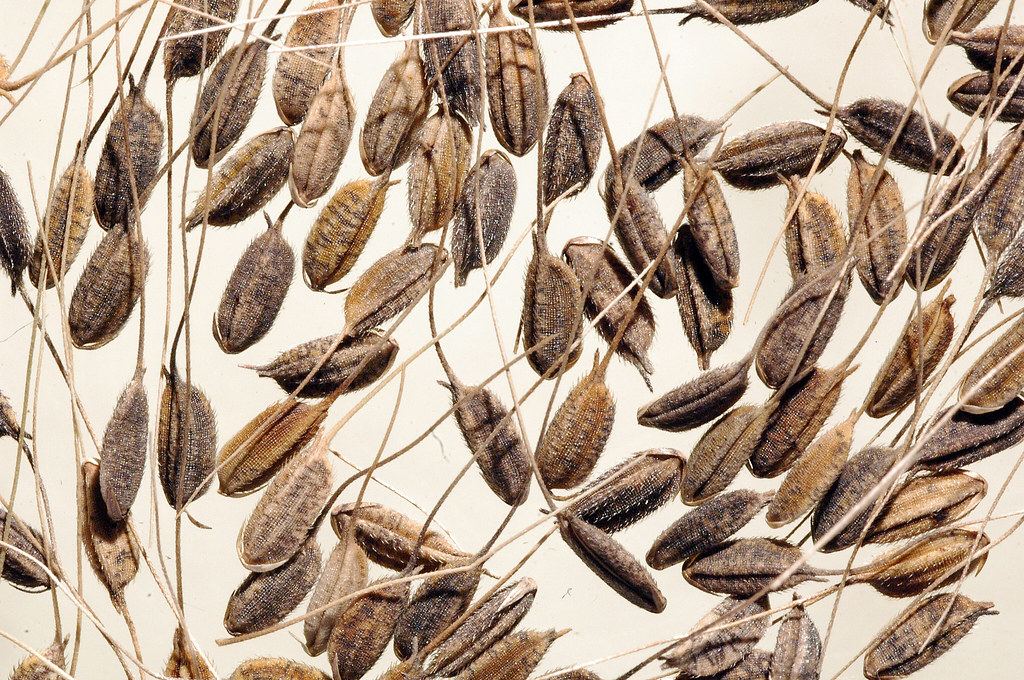‘Wild rice protects us. Wild rice feeds us,’ says White Earth First Nation lawyer.
This “As it Happens” story was posted by CBC Radio on
Wild rice is the lead plaintiff in a new lawsuit aimed at halting construction of Enbridge’s Line 3 oil pipeline replacement.
“Wild rice is the most important spiritual, central part of our culture. Wild rice is what’s making us come out and protect water,” Frank Bibeau, a treaty rights attorney for the White Earth First Nation in Minnesota, told As It Happens guest host Nil Köksal.
“Wild rice protects us. Wild rice feeds us. Wild rice tells us when there’s something wrong in the water or in the air or in the ground. Wild rice is an indicator species. And wild rice is disappearing.”
Bibeau filed the suit Wednesday in the White Earth Nation Tribal Court. It lists the Minnesota Department of Natural Resources (DNR) as a defendant, and several White Earth tribal members and Line 3 protesters as plaintiffs alongside wild rice, or manoomin in Ojibway.
Line 3 starts in Alberta and clips a corner of North Dakota before crossing northern Minnesota en route to Enbridge’s terminal in Superior, Wis.
The 542-kilometre line in Minnesota is the last phase in replacing the deteriorating pipeline that was built in the 1960s, and has been the focal point of protest by Indigenous water protectors and environmental activists.
The lawsuit alleges Minnesota is failing to protect the state’s fresh water by allowing the Calgary-based company to pump up to five billion gallons of groundwater from construction trenches during a drought. In doing so, it says the state is endangering the crop and violating tribal members’ treaty rights to harvest it.
The lawsuit also accuses the state of violating the rice’s right to “exist, flourish, regenerate and evolve” — something the White Earth First Nation enshrined into its law in 2018.
Listen to the audio story, read the transcript and see the full CBC Radio post.
Photo credit: “Wild Rice” by IRRI Images is licensed under CC BY-NC-SA 2.0

